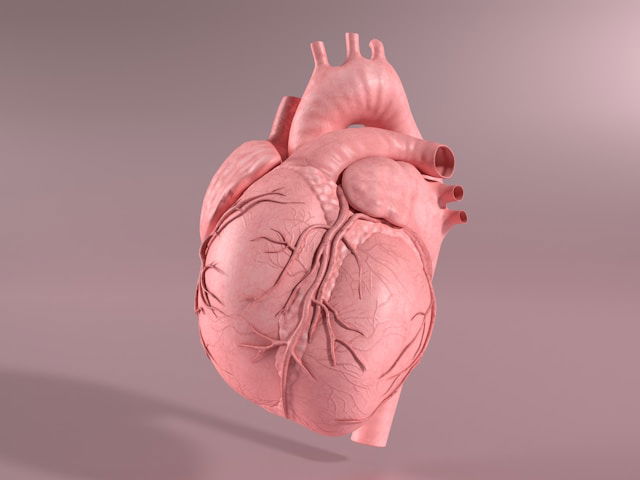
Researchers from Baylor College of Medicine and the QIMR Berghofer Medical Research Institute in Australia have made a major breakthrough in heart regeneration that could lead to new treatments for heart failure.
Their study, published in npj Regenerative Medicine, shows a new way to help the heart heal itself by encouraging heart muscle cells to grow.
Heart failure happens when the heart becomes too weak to pump blood properly, often because damaged heart cells—called cardiomyocytes—cannot be replaced.
“When the heart cannot replace injured cardiomyocytes with healthy ones, it becomes progressively weaker,” explained Dr. Riham Abouleisa, assistant professor of cardiothoracic surgery at Baylor and one of the lead authors of the study.
The team focused on calcium, which plays a big role in how heart cells function and grow. In earlier studies, calcium was shown to influence whether these cells could divide and multiply. In the new research, the scientists tested what would happen if they blocked calcium from entering the heart cells.
They did this by stopping the activity of a protein called the L-Type Calcium Channel (LTCC), which normally controls calcium flow into cells.
What they found was surprising: blocking calcium entry caused the cells to turn on genes that promote cell growth and replication. This means that LTCC might be a useful target for new drugs that aim to repair the heart by encouraging it to grow new muscle cells.
Both drug-based and gene-based methods of blocking LTCC were effective, and the approach worked in heart tissue samples grown in the lab and in live animals. The process works by changing the activity of calcineurin, a protein known to control heart cell growth.
“This discovery could change how we use current drugs that regulate calcium in the body, such as Nifedipine,” said Dr. Tamer Mohamed, co-author and director of the Laboratory for Cardiac Regeneration at Baylor.
Dr. Todd K. Rosengart, chair of the Department of Surgery at Baylor, added that “the idea of regrowing heart tissue, once thought to be impossible, is becoming more realistic every day.” He said this research brings us closer to human trials that may be coming soon.
The team’s findings open the door to a new kind of treatment for heart failure—one that uses the body’s own ability to grow new heart cells. By focusing on calcium signaling in heart cells, this work could lead to life-saving therapies for millions of people with heart failure.
If you care about heart health, please read studies that vitamin K helps cut heart disease risk by a third, and a year of exercise reversed worrisome heart failure.
For more health information, please see recent studies about supplements that could help prevent heart disease, stroke, and results showing this food ingredient may strongly increase heart disease death risk.
Copyright © 2025 Knowridge Science Report. All rights reserved.



